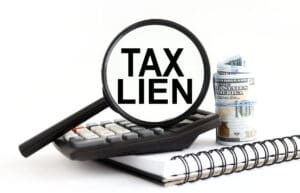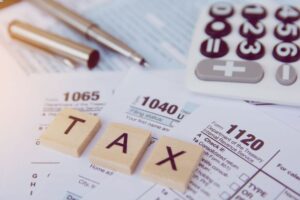What is a Non-Collectible Status?
If a taxpayer legitimately has no savings, no assets, no investments, and minimal income or retirement savings, he or she may be eligible for Currently Non-Collectible (CNC) status. The IRS will re-evaluate the status over a duration of 10 years. If the status has not changed, the IRS is required to forgive the entire tax debt, including unpaid taxes and any interest or penalties.
What Are the Requirements for CNC?
The IRS will not give up in the pursuit of collecting the taxes it is owed. It will attempt to seize bank accounts and put liens on assets in its quest for payment. However, Currently Non Collectible status could be the answer for individuals who cannot pay taxes.
A taxpayer can be considered Currently Non-Collectible if:
- He or she does not have any possessions for the IRS to levy taxes on
- He or she does not have a stable income to pay the taxes owed
- The taxpayer’s income is less than what is needed to meet basic living costs
What Happens While a Taxpayer is in CNC Status?
Even when a taxpayer is considered as Currently Not Collectible, he or she is still held accountable for taxes and accrued interest. Interest will continue to accrue throughout the 10 years of being CNC. The IRS may request that the taxpayer provide financial information. If at any time CNC status is lost before the 10 year deadline, the individual will be required to pay back taxes, penalties, and interest.
While under CNC, the taxpayer’s financial status will be monitored by the IRS. He or she is required to send a copy of an income tax return to be compared with what the IRS has on file. The IRS will continue to send an annual bill. The individual may be required to file any missed tax filings as a condition of CNC. Taxpayers must continue filing their income taxes each year while under CNC. However, there will be no tax refunds recieved. Instead, any refund that would have been received is applied to the taxes owed.
While the IRS will end collection efforts under CNC, taxpayers should beware that as the 10-year deadline approaches, a Revenue Officer may attempt to collect taxes owed before the statute of limitations expires.




